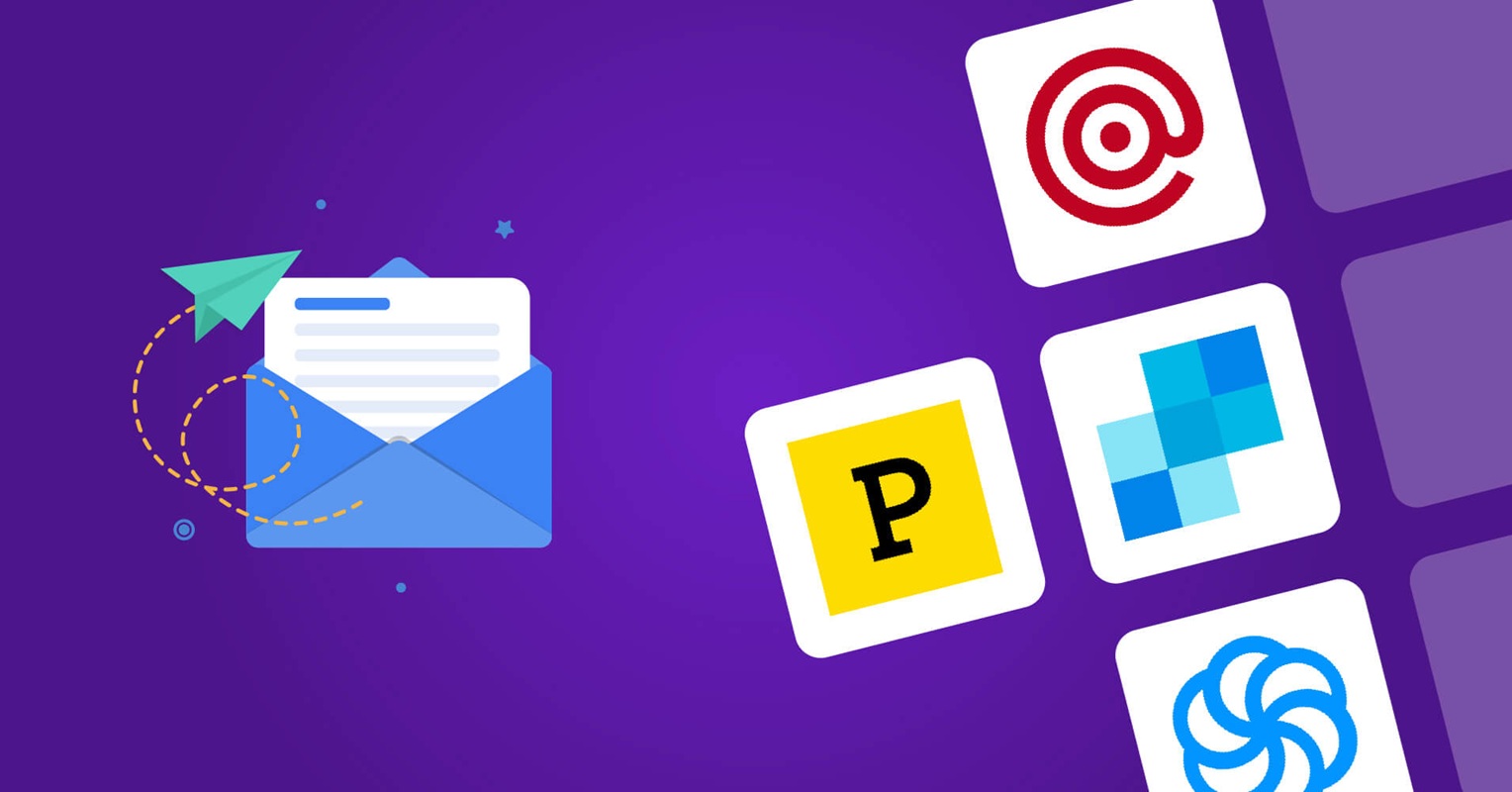Email Marketing in 2025: Turning Inboxes into Opportunities
Email marketing has stood the test of time as one of the most reliable and cost-effective channels for engaging customers. Despite the rise of social media and other emerging platforms, email continues to deliver exceptional ROI for businesses of all sizes. What has changed over the years, however, is the level of sophistication required to truly capture a subscriber’s attention. In 2025, email marketing is no longer about sending generic newsletters—it’s about creating highly targeted, deeply personalized, and value-driven experiences that feel relevant to each individual.
The modern email marketer must blend data analytics, automation, and creative storytelling to remain competitive. With inboxes overflowing, the challenge is not just about getting your message opened, but also ensuring it inspires action. This evolution has redefined the rules of the game, making personalization the foundation of every successful email campaign.
- Hyper-Personalization with AI
In the past, personalization meant adding a recipient’s name to the subject line. In 2025, this is no longer enough. AI-driven platforms now allow businesses to analyze user behavior, purchase history, and even browsing patterns to create hyper-targeted campaigns. Instead of one-size-fits-all promotions, subscribers now receive product recommendations, offers, and content tailored to their specific needs and interests.
This shift has not only improved engagement rates but also boosted conversion rates significantly. Brands that embrace AI personalization are seeing a clear competitive advantage, as their emails feel more like helpful suggestions rather than intrusive ads. The ability to predict customer needs before they even articulate them is what sets top-performing email marketers apart.
- Interactive Email Design
Email marketing in 2025 is more visually dynamic than ever. Marketers are integrating interactive elements like image carousels, clickable buttons, polls, and even gamified experiences directly inside the email. This approach keeps readers engaged without requiring them to leave their inbox.
Interactive emails create a sense of participation, making them memorable and more likely to drive conversions. They also provide valuable insights into user preferences based on the choices and interactions they make. Brands that incorporate this design philosophy are finding that their open rates are complemented by higher click-through and engagement rates.
For those eager to gain practical, hands-on skills in crafting high-performing campaigns, structured training can make a world of difference. Enrolling in a program such as the best digital marketing course in Thane equips aspiring marketers with in-demand email marketing strategies, automation techniques, and personalization skills that help them stand out in the competitive landscape.
- Advanced Segmentation for Precision Targeting
While personalization focuses on individual relevance, segmentation is about grouping your audience based on shared characteristics. In 2025, segmentation goes far beyond basic demographics. Marketers are now using psychographic data, engagement patterns, and even sentiment analysis to segment their lists with precision.
This ensures that each email is targeted toward a subset of subscribers who are most likely to respond positively to the message. For example, a fashion retailer might create different campaigns for customers who prefer sustainable products versus those interested in luxury items. By delivering more relevant content, brands can reduce unsubscribe rates and build stronger customer relationships.
- Automation for Consistency and Scale
Automation remains one of the most powerful tools in email marketing. From welcome series to abandoned cart reminders and re-engagement campaigns, automation ensures that the right message reaches the right person at the right time—without manual intervention.
In 2025, automation platforms have become more intuitive, allowing marketers to create complex workflows that adapt to user behavior in real time. This flexibility not only saves time but also enhances the user experience, as subscribers receive timely and contextually relevant messages.
The demand for professionals who can design and execute these advanced automation workflows is growing rapidly. Aspiring marketers can benefit greatly from specialized programs like the best digital marketing course in Navi Mumbai, which provide practical knowledge and tools to implement automation strategies effectively.
- Data Privacy and Ethical Marketing
As personalization and automation grow more advanced, so do concerns about data privacy. In 2025, consumers are more aware than ever of how their information is used. Regulations like GDPR and CCPA have set the standard for responsible data collection, and brands that prioritize transparency are gaining consumer trust.
Ethical email marketing involves clearly communicating how data is collected, stored, and used, as well as giving subscribers full control over their preferences. Respecting privacy not only protects your brand legally but also builds long-term loyalty with your audience.
- Mobile-First Optimization
With more than half of all emails now opened on mobile devices, mobile optimization is no longer optional—it’s essential. In 2025, the most effective campaigns are designed with mobile users in mind from the start. This means concise copy, visually appealing layouts, and CTAs that are easy to click on small screens.
Mobile-first design also considers the loading speed and compatibility of interactive elements, ensuring a seamless experience regardless of device or email client. Brands that prioritize mobile optimization see higher engagement rates and lower bounce rates, making it a critical factor in campaign success.
For marketers looking to sharpen these skills, investing in structured learning like the best digital marketing course in Andheri offers the opportunity to master mobile-first design, ethical practices, and data-driven strategies under expert guidance.
- Measuring What Matters
Finally, successful email marketing in 2025 is about focusing on the metrics that truly matter. While open rates and click-through rates are still important, marketers are increasingly paying attention to conversion rates, customer lifetime value, and engagement over time.
By tracking the performance of individual campaigns and overall subscriber journeys, businesses can identify what’s working, refine their strategies, and continually improve results.
Conclusion
Email marketing in 2025 is a blend of advanced technology, creativity, and ethical responsibility. By embracing AI-driven personalization, interactive design, precise segmentation, automation, and mobile-first strategies, businesses can create campaigns that not only capture attention but also inspire action. The brands that thrive will be those that balance innovation with a deep understanding of their audience, delivering value in every interaction.





